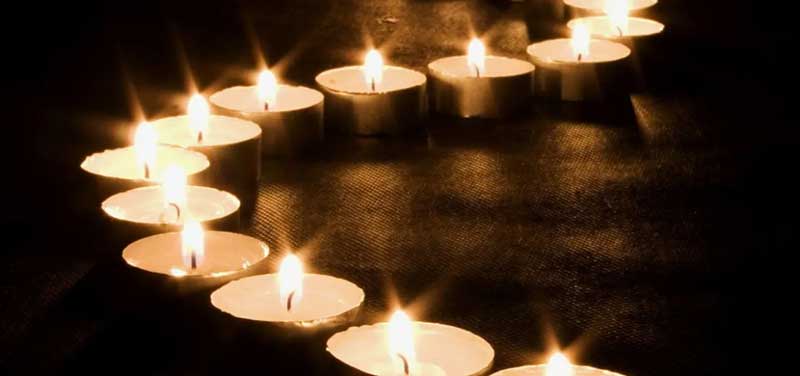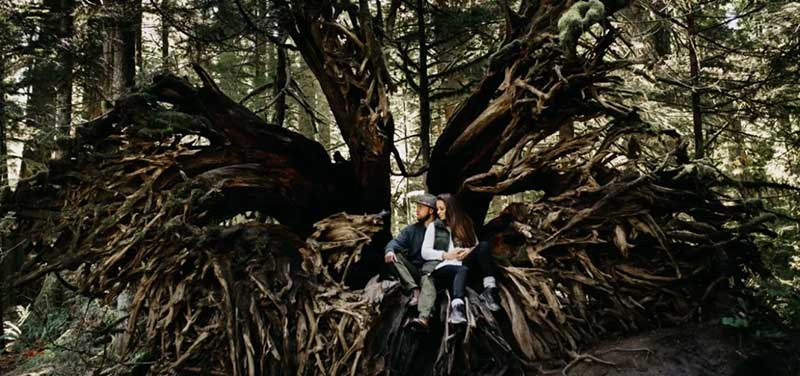Can you even imagine the complete absence in you of the intention to inflict violence? Last time I wrote of how nonviolence is so much bigger than ‘not violent’. Today I’ll say why I think that matters within NVC.
Seeing NVC as ‘not violent’ often promotes a culture of trying to do something – to be kind, to be compassionate, to avoid violence and so on. When we can’t keep it up from sheer determination and willpower, we judge ourselves. In the trying there’s a tyranny, a litany of ‘shoulds’ that we inflict upon ourselves. Is it even possible or desirable to try in this way? I think not.
Marshall advised instead listening to ourselves with compassion, accepting all of ourselves. Be nonviolent to everything, not just the nice things. If you are angry and grumpy, be angry and grumpy. Welcome the darkness in ourselves and in others; welcome the people and things that challenge us. That is why listening to jackals is so important within NVC. Our judgements are part of life and they tell us what’s important to us. They connect us to a part of ourselves. They help us live according to our values.

In showing a way for us to accept all of ourselves, NVC is accessible for everyone. It isn’t only for those who are nice, kind and compassionate. Nonviolence is a lifelong process of gradually stepping into a different worldview, a transformed state of mind. It’s a willingness to get up each day, recognise that we’ve messed up, and start afresh.
And here we come to a current challenge within NVC, which I will talk about next time: if NVC is for everyone, why does it seem to appeal more to those on the political left? What is getting in the way of including those with more conservative or right wing perspectives? And, more generally, how do we have conversations with people with very different political views?




